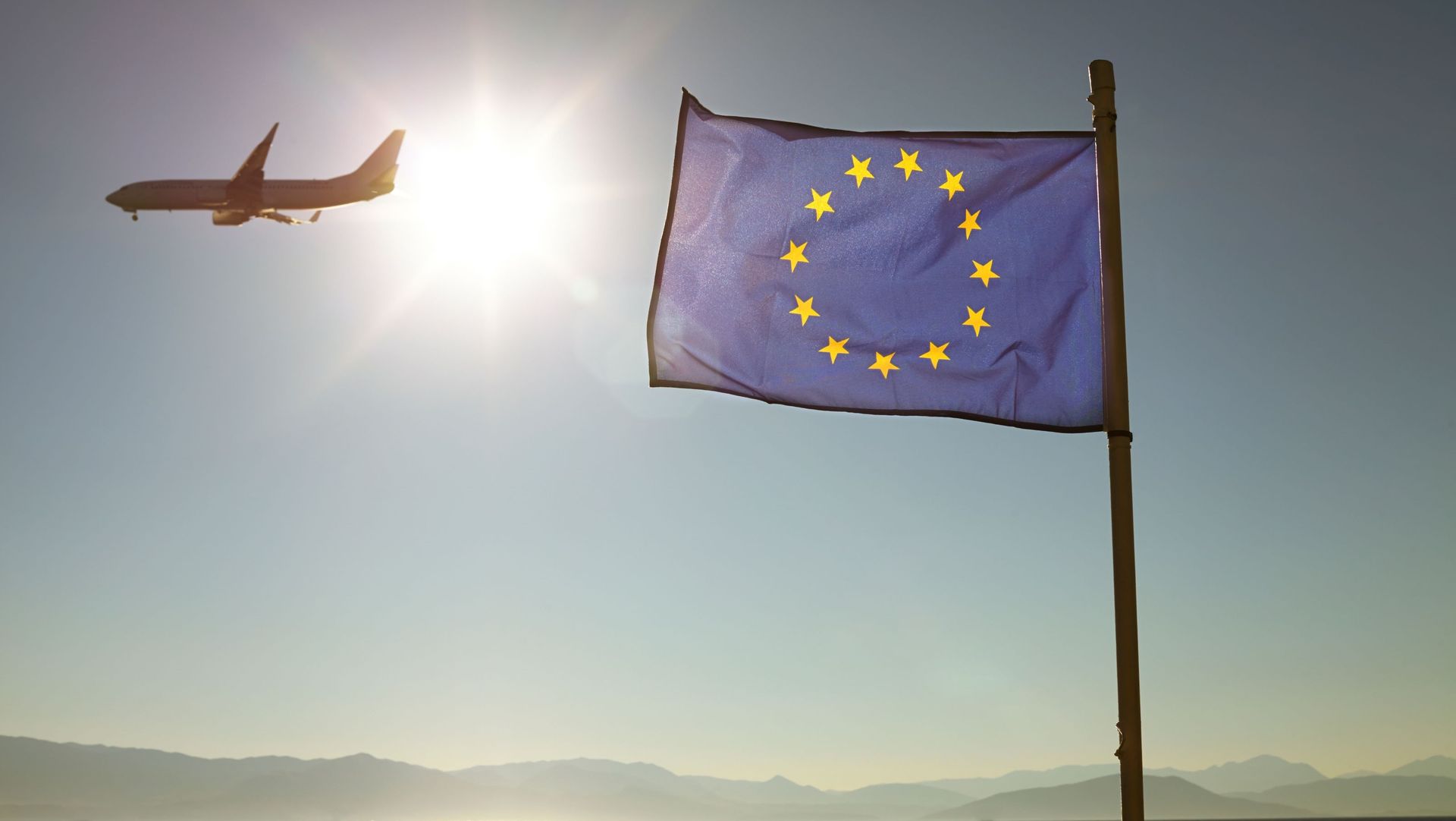What You Need to Know About ETIAS for Traveling to Europe
The rules are changing around what you need to travel to Europe, including some of the cheapest countries to visit, with a moving target on a planned update. This year, however, you won’t have to do anything different.
New ETIAS Requirement for Travelers
Starting in the first half of 2025, Americans will need one additional approval to enter countries in the European Union. To visit, you’ll have to apply for approval under the European Travel Information and Authorization System (ETIAS). This process will be done online, and the authorization, which will be linked to your passport, will permit short-term stays of up to 90 days within a 180-day period.
Applying for ETIAS
To fill in the ETIAS application, you will provide some basic information on the official ETIAS website. This includes:
- Your name and address
- Passport information
- Current occupation
- Information about past travel to conflict zones
- Criminal convictions
- Your travel plans and any relatives who are citizens in Europe
Importantly, the application does not require health information or biometric data. While most applications are processed within minutes, approval could take up to four days. Some applicants may be asked for additional information, which could extend the timeline to 30 days. Therefore, it’s advisable to apply at least a month prior to travel.
Who Needs ETIAS Authorization?
If you are an American citizen planning to travel to countries in the Schengen area, which includes Cyprus, you must apply for ETIAS authorization. The Schengen area comprises 30 countries, including:
- Austria
- Belgium
- Bulgaria
- Croatia
- Cyprus
- Czech Republic
- Denmark
- Estonia
- Finland
- France
- Germany
- Greece
- Hungary
- Iceland
- Italy
- Latvia
- Liechtenstein
- Lithuania
- Luxembourg
- Malta
- Netherlands
- Norway
- Poland
- Portugal
- Romania
- Slovakia
- Slovenia
- Spain
- Sweden
- Switzerland
However, if you are traveling to the United Kingdom or Ireland, you do not need ETIAS authorization.
Costs Involved
Applications for ETIAS will cost 7 euros (approximately $8), although it is free for individuals under 18 or over 70 years old. There are also exemptions for those with EU citizen family members and for certain non-EU nationals.
Be aware that unofficial ETIAS websites have emerged, which may present incorrect information and could compromise your personal data. Always use the official ETIAS website to protect your identity and avoid scams.
Travel Impact of ETIAS
Once ETIAS is launched, it will affect travel logistics. If flying or cruising to Europe, your carrier must verify a valid ETIAS authorization within 48 hours before departure. If you lack a valid ETIAS, boarding will not be permitted.
Conversely, if traveling by train, operators are not required to check ETIAS authorizations; however, verification will still occur at the border.
Implications for Students and Families
For students wishing to study in Europe for 90 days or less, ETIAS suffices. Longer stays require a student visa. If students aim to travel after studying, they may stay for an additional 90 days without re-entering, provided they have ETIAS authorization and are registered in the Entry/Exit System.
EU residence permit holders and nationals do not need to apply for ETIAS. Additionally, family members of EU citizens are exempt from fees, but specific definitions of qualifying family members apply.
Final Thoughts
This upcoming requirement marks a significant change for Americans, as previously, there was no visa requirement for EU travel. Keep this information in mind for your travels to countries like Greece, Italy, or France in 2025.
However, many travel experts assure travelers that while ETIAS adds a minor layer of red tape, it should not deter anyone from planning a trip to Europe.
For now, the rules remain unchanged; American travelers do not require a visa for trips under 90 days in Europe throughout 2024. Just ensure your passport is valid for at least six months post-arrival in the Schengen area to avoid any complications during your travel.




